WELLBEING • June 2020
Lifestyle principles from around the world
With many of our lives still in flux, there’s never been a better time to embrace positive principles for a more meaningful and happier existence. We’ve travelled the world seeking inspiration from some tried and tested theories. After all, happiness isn’t a destination, it’s a journey – and it’s one you can start on right now
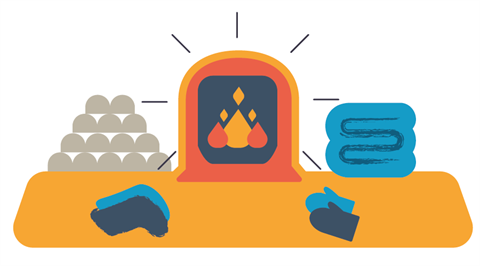
Hygge
Where in the world? Denmark
The Danish term for getting cosy derives from a 16th-century Norwegian term, hugga, meaning ‘to comfort’ or ‘to console’ (it’s also related to the English ‘hug’) and is defined by Collins Dictionary as: “the practice of creating cosy and congenial environments that promote emotional wellbeing”. In Denmark, the correct atmosphere might be aided a roaring fire, soft candlelight and cosying up on the sofa wrapped in warm woolly blankets, while feeding body and soul with gløgg, meatballs, dumplings and cardamom buns.
Putting it into action: Pyjama days, Netflix and a takeaway can all induce that snug vibe. Or it might be something as simple as a jigsaw puzzle, a glass of red wine (or mug of cocoa) and cheese on toast. Really, it’s whatever floats your leisurely boat, as long as it requires minimum effort for maximum comfort. Dark days of winter not required.
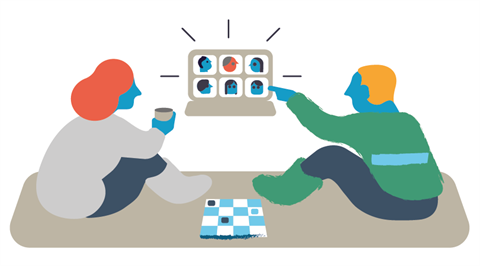
Gezellig
Where in the world? The Netherlands
This untranslatable word is all about friendly togetherness. Pretty much anything can be gezellig, from a person to a home to a play date. In Amsterdam, cafés, bars and other sociable activities are definitely gezellig, but it really comes down to spending quality times with friends and family – and that can as easily be done over the kitchen table or on a movie night. Think of it as a more gregarious version of hygge (see above).
Putting it into action: Whether or not you’re in the same house, there are still ways to eat together, talk together and play together. Stay connected to your social circle via Zoom, WhatsApp or FaceTime with dinner parties, quiz nights and cocktail evenings.
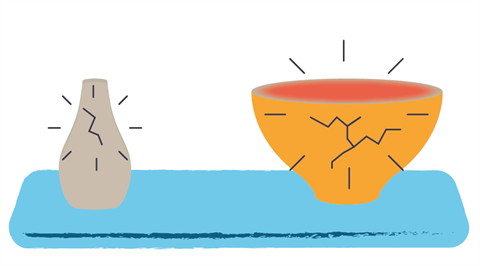
Ikigai
Where in the world? Japan
The longevity of Japanese citizens is often ascribed to this ancient ideology, which originated on the island of Okinawa. It’s all about self-development, embracing imperfections and finding a purpose in life that brings you joy (the direct translation is the ‘happiness of being busy’). In short, it means balancing the spiritual with the practical by doing what you love, what you’re good at, what you can be paid for and what the world needs.
Putting it into action: You’ve dropped a bowl, knocked a mug off the kitchen table, or maybe you’ve gone all Greek and smashed a plate. Do you throw away the broken pieces? According to Ikigai principles, it’s time to try kintsugi – the careful Japanese art of repairing broken ceramics. Once recrafted, revel in the beauty of its imperfection.
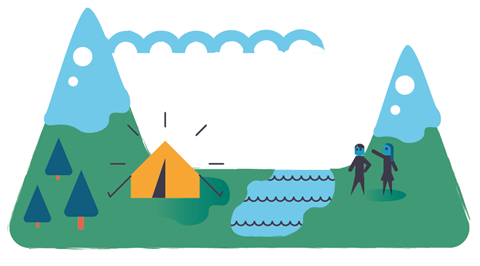
Friluftsliv
Where in the world? Norway
Coined by the playwright Henrik Ibsen, friluftsliv is loosely defined as ‘free air life’ and embraces the restorative benefits of the great outdoors – an idea that’s embedded in Norwegian culture. Norway is consistently ranked as one of the world’s happiest countries, and perhaps that’s because its inhabitants set great store by hiking through forests, cross-country skiing from cabin to cabin, or going on ice fishing trips.
Putting it into action: If your immediate landscape isn’t quite as diverse as Norway’s, a simple walk in the local park is a good starting point. Look around you and try to take in the different flowers and trees you encounter. And, if you don’t already own a bicycle, consider investing in one to explore further afield.
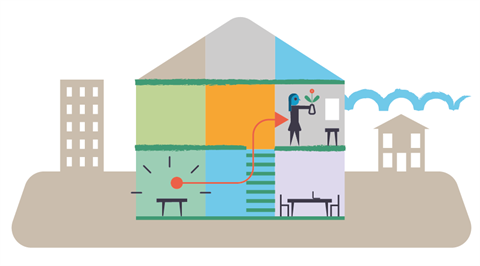
Feng Shui
Where in the world? China
The origins of feng shui go back more than 6,000 years to the mid-Neolithic period in Chinese history. Its literal translation is ‘wind and water’ – natural elements that were vital to settlers seeking favourable locations. The idea is that human life flows with the environment around it, so a harmonious house that balances the five elements (earth, wood, fire, water, and metal) is a must. This includes banishing clutter and squeaky hinges, keeping the bathroom door shut… and installing a fountain in your home.
Putting it into action: Look into changing the colour of your front door (feng shui’s first port of call for creating positive energy), changing the position of your bed so it’s away from doors or windows and bringing in some air-purifying house plants. It could do wonders for your chi…
Kalsarikännit
Where in the world? Finland
Unique to Finns, this is the happy activity of cracking open an alcoholic drink while home alone in your underwear (its literal translation is ‘pantsdrunk’). We haven’t bothered to illustrate it. For obvious reasons.
Putting it into action: We expect you can work this out…
Illustrations by Andrew Baker
More from previous issues
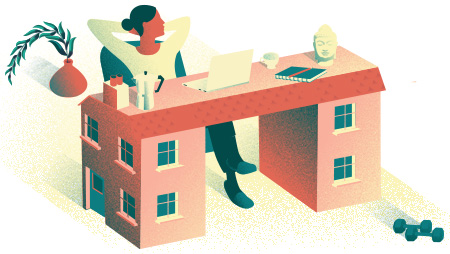
An expert’s guide to working from home
Do you want to sharpen up your mental health habits whilst stuck inside? Our resident psychologist is on hand to help
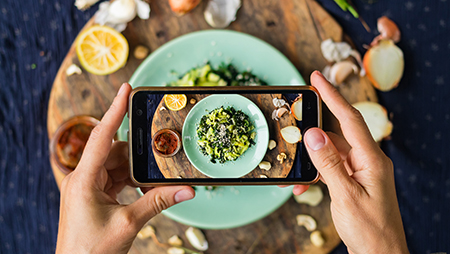
How to host a show-stopping virtual party
Bored of the same old evenings in? From superb supper clubs to the ultimate cocktail hour, mix things up with our expert entertainment tips
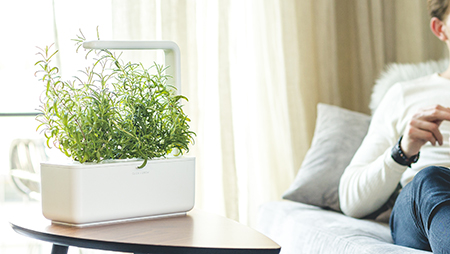
Make their day: find the perfect gift
Whether it’s to celebrate a birthday or anniversary or just to brighten up someone’s day, we have brilliant present ideas for everyone on your list
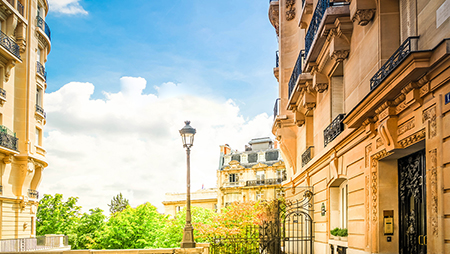
Travel quiz: can you guess the missing landmark?
You know them well, but can you identify these famous buildings and monuments even when they're gone?